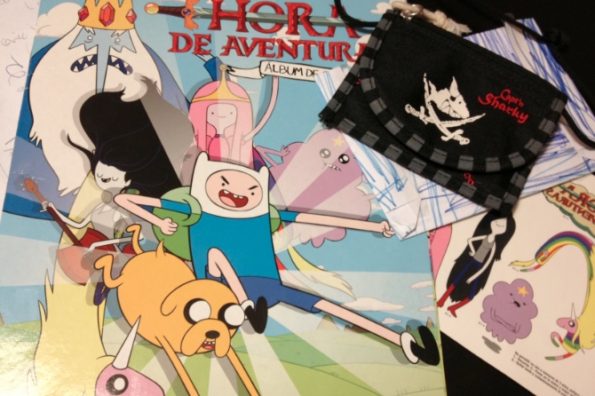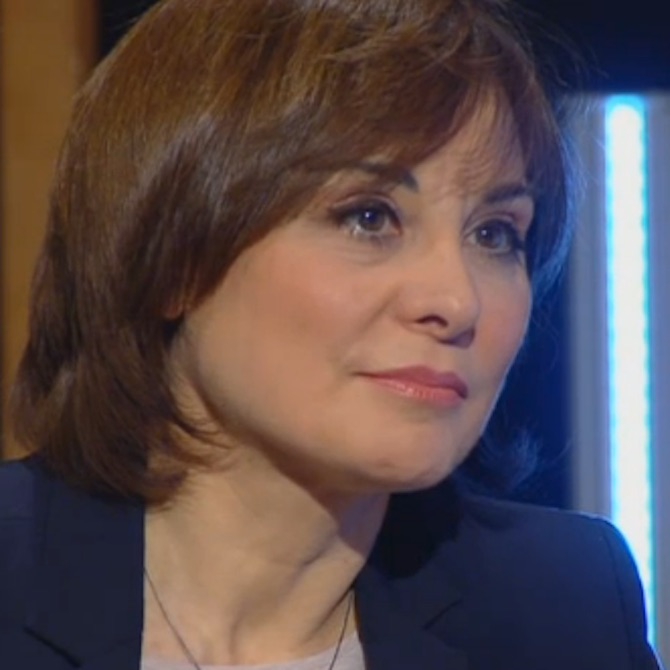Search
To search for an exact match, type the word or phrase you want in quotation marks.
A*DESK has been offering since 2002 contents about criticism and contemporary art. A*DESK has become consolidated thanks to all those who have believed in the project, all those who have followed us, debating, participating and collaborating. Many people have collaborated with A*DESK, and continue to do so. Their efforts, knowledge and belief in the project are what make it grow internationally. At A*DESK we have also generated work for over one hundred professionals in culture, from small collaborations with reviews and classes, to more prolonged and intense collaborations.
At A*DESK we believe in the need for free and universal access to culture and knowledge. We want to carry on being independent, remaining open to more ideas and opinions. If you believe in A*DESK, we need your backing to be able to continue. You can now participate in the project by supporting it. You can choose how much you want to contribute to the project.
You can decide how much you want to bring to the project.

Sir Ken Robinson said in a famous TEDTalks presentation that creativity ought to have a central role in the education of children, that it is fundamental to stimulate creativity and imagination, to discover and promote the features that make us different and unique.
While, in these parts, we seem to be moving in the opposite direction. The proof lies in simply remembering the first paragraph of the draft of the LOMCE (Organ Law for the Improvement of the Quality of Education), that was already approved in the council of ministers last 21 September and which -attention!- Tuesday 5 December the minister Wert presented with a few slight modifications: “Education is the motor that promotes the competiveness of the economy and a country’s level of prosperity. Its educational level determines its capacity to compete successfully in the international arena and to affront the challenges set by the future. Improving the level of citizens in the ambit of education supposes opening the door to highly qualified jobs, which represents banking on economic growth and achieving competitive advantages in the global market”. No comment.
Meanwhile, and almost where one least expects it, on television, one sometimes finds little islands of creativity and imagination that can be as stimulating for children as for adults. One recent case is Adventure Time, a cartoon series produced by Cartoon Network that began in 2010. The protagonists are Finn, a 14 year old boy, and a magic dog (adopted brother?) Jake. Both live in the land of Ooo, a surreal environment that could almost be post-apocalyptic –as suggested in some episodes that refer to a War of the Mushrooms – an alternative world in another dimension. In this surreal environment different mutant and extravagant characters file past, such as Princess Bubblegum, a human and bubble-gum hybrid; The Ice King, who would be the bad guy of the series and is obsessed with marriage; Marceline, the vampire queen and Finn’s best friend, who is a thousand years old and feeds off red things; Lady Rainicorn, a rainbow unicorn that only talks Korean, Princess Bubblegum’s pet and Jake’s girlfriend, amongst many others. Rarely have so many freaky and ambivalent characters been seen together.
Extravagance, surrealism and an absurd humour are the threads behind some simple and direct arguments, in which, in a totally idiosyncratic and not at all naïve way, values such as friendship, tolerance and justice predominate. All this is encompassed within a more complex macro-context that evolves and diversifies over time.
It is not by chance that the series, already cult viewing, has a certain indie feel, because its creators also are. With Pendleton Ward at the head, the comic book artists and scriptwriters come from independent comics and in the odd interview they have declared that they draw thinking of a child audience but also write and draw thinking about what they would like to see and what they enjoy making. Undoubtedly there is a universe parallel to this other one that is so dangerous that sets its sights on “achieving competitive advantages in the global market”.

Montse Badia has never liked standing still, so she has always thought about travelling, entering into relation with other contexts, distancing herself, to be able to think more clearly about the world. The critique of art and curating have been a way of putting into practice her conviction about the need for critical thought, for idiosyncrasies and individual stances. How, if not, can we question the standardisation to which we are being subjected?
www.montsebadia.net
"A desk is a dangerous place from which to watch the world" (John Le Carré)